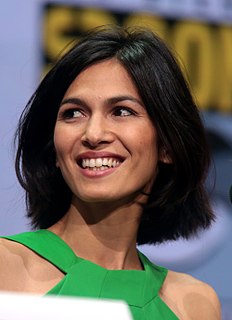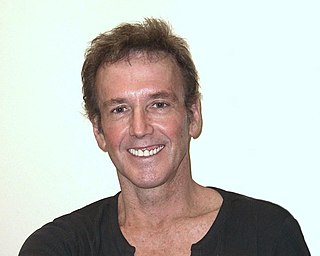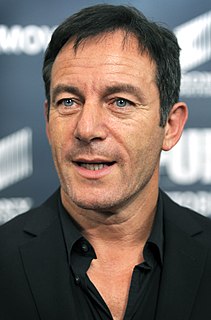A Quote by Elodie Yung
This is not the story of Elektra from the comics. We're telling the story of 'Daredevil.' In this aspect, the storylines accentuate the sociopathic tendencies in her. The writers wanted to highlight that Elektra is quite manipulative and doesn't seem to have a conscience.
Related Quotes
Some of the writers definitely got inspired by some of the story lines, but we are evolving in the 'Daredevil' story. So when it comes to 'Elektra', they didn't follow one of her specific story lines, you know. They really tried to capture what comes through the comics, but there's not one specific storyline.
People need to understand that what happens in people's homes and behind closed doors, unless you were there, you really shouldn't make any analogy or any assumption, which writers do quite a bit. It's not something I ever for one second thought about. This is not my life story, and I've never told my life story, and I have no interest in telling my life story.
I think that people have to have a story. When you tell a story, most people are not good storytellers because they think it's about them. You have to make your story, whatever story it is you're telling, their story. So you have to get good at telling a story so they can identify themselves in your story.
This is our story to tell. You’d think for all the reading I do, I would have thought about this before, but I haven’t. I’ve never once thought about the interpretative, the story telling aspect of life, of my life. I always felt like I was in a story, yes, but not like I was the author of it, or like I had any say in its telling whatsoever.






























